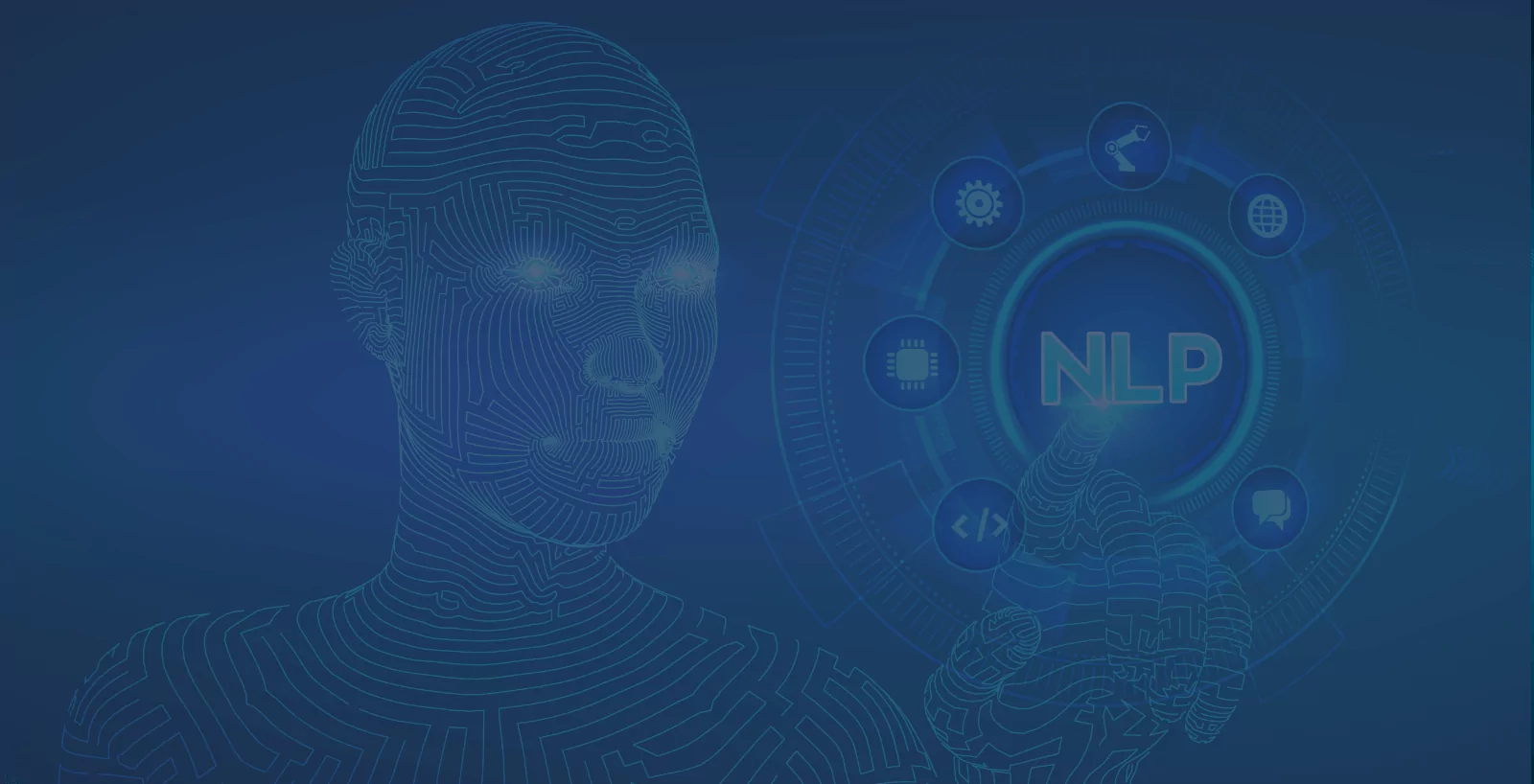Natural language processing applications may serve many purposes. The primary aim of NLP services is to facilitate company development thanks to process automation and freeing their employees from mundane tasks.
Sentiment and intent analysis
Sentiment analysis allows machines to identify emotions that stand behind the words used, if they are positive, negative, or neutral. It is eagerly adopted by applications of natural language processing that aim at measuring customer response to particular products and services, understanding users and more general trends concerning the brand. Sentiment analysis will help you prioritize issues that need your immediate reaction, for example in customer service. If a customer's intent is to give negative feedback online, you may react quickly and prevent it from happening. NLP consulting firms will advise you on the use of sentiment analysis in your particular case.
Semantic search
Instead of looking for the literal sense, semantic search based on NLP aims at understanding the intent of the user that is searching for information and the meaning of the results that the system is returning. To do so, the algorithms analyze not only words, but also relationships between words, sentences, and entire documents – and constantly learn to provide better-fitted results. We use semantic search in our learning management system Samelane to help people get the information they need in a heartbeat but also help to utilize similar algorithms in our client’s systems. This way, you can use natural language processing as a service.
Text analytics
An incredible amount of text data is generated on a daily basis in every organization (documents, contracts, emails, presentations, notes, etc.). With natural language processing algorithms you can perform text mining to transform unstructured and sometimes chaotic documents and databases. In result, you get organized data that can be easily processed and examined further – to draw meaningful conclusions and help in everyday work.
Text categorization
With NLP you can perform text categorization (also referred to as text classification or tagging) instantly and effectively. The main aim of the process is to sort entire documents or pieces of information into organized categories. NLP algorithms can do it precisely and most importantly automatically. Segregated documents allow for better searchability and organization, which without NLP would have to be done manually.
Extracting structured data
NLP applications can help you with everyday and time-consuming tasks in your company. They can read invoices and other similar documents to extract key data from the text. Supported data types include everything that might be crucial to your business, in the case of invoices it will be an invoice number, date, seller, and buyer. Extracted data can be subject to further analysis.




